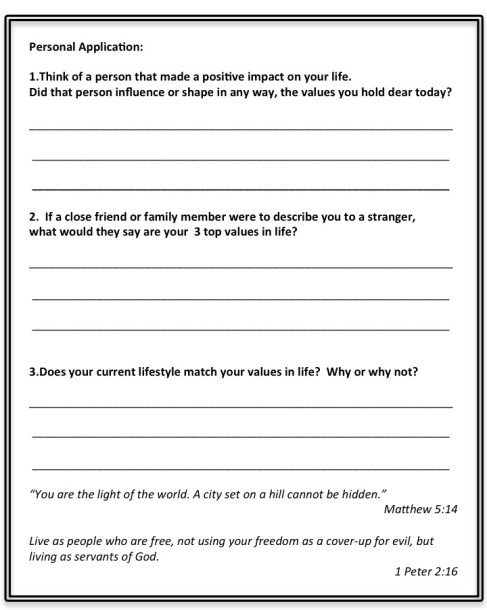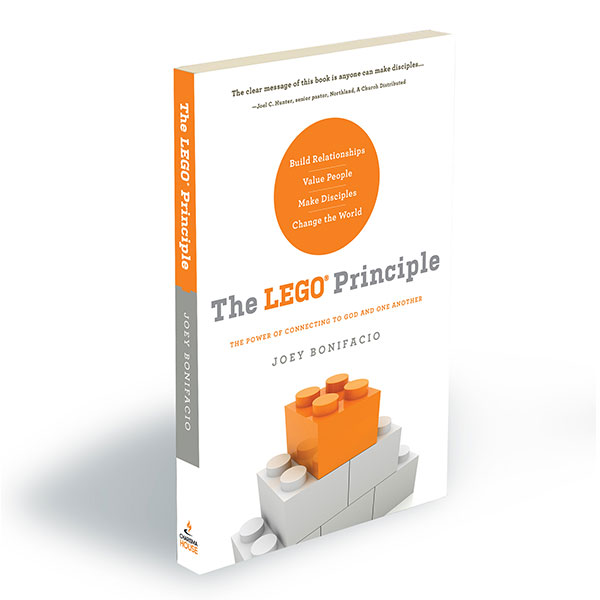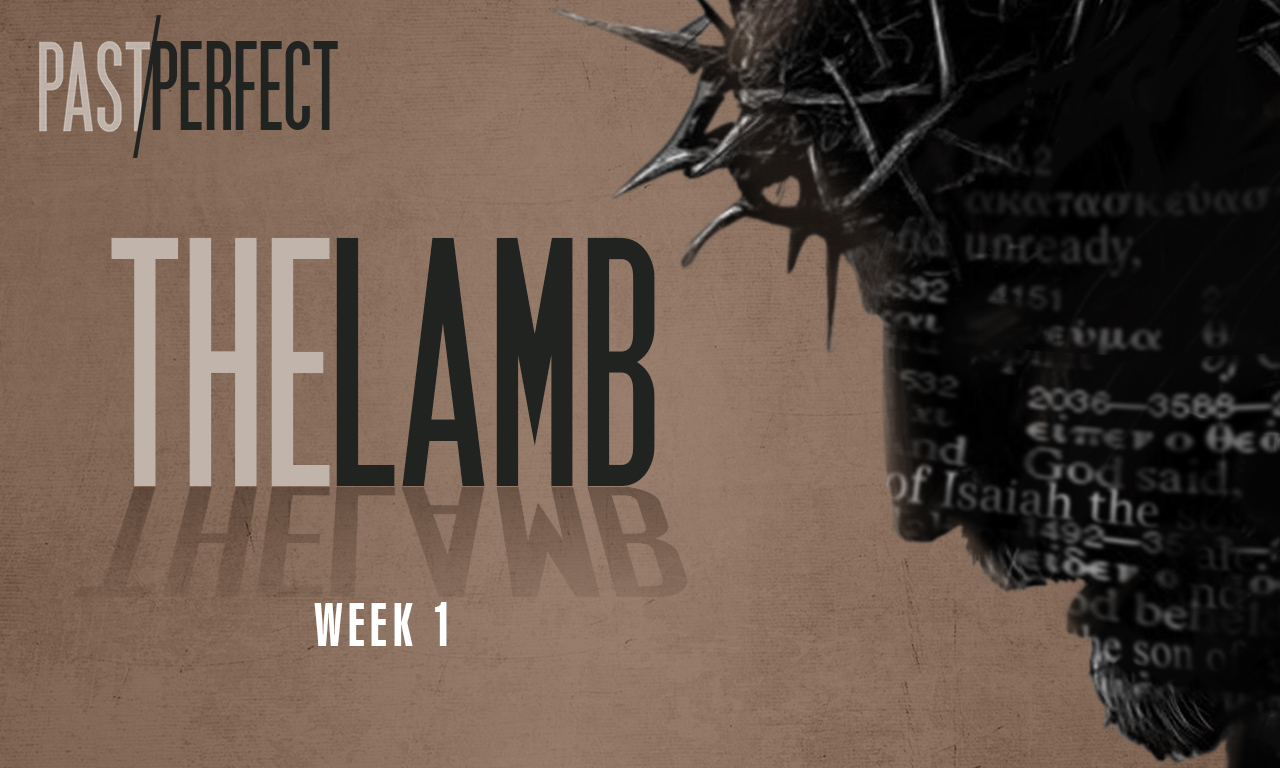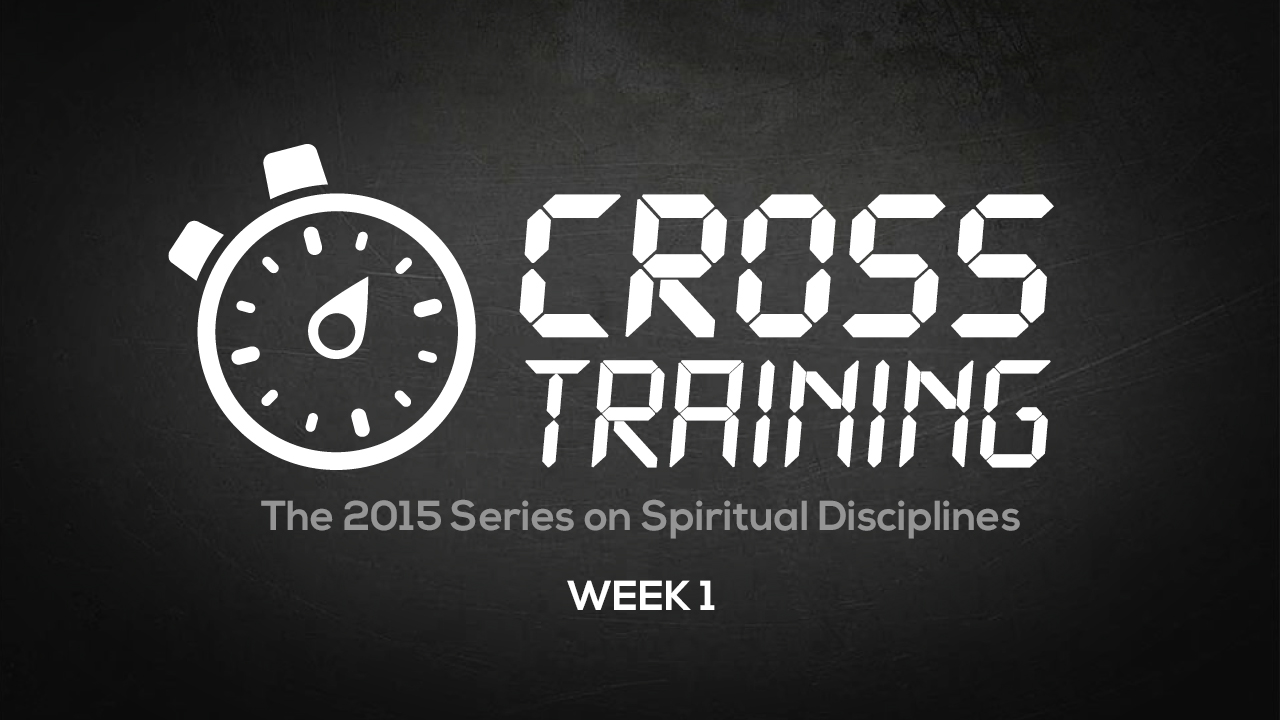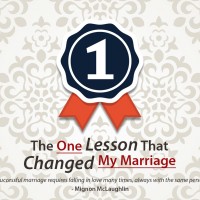Hamburgers and Winning the Culture War
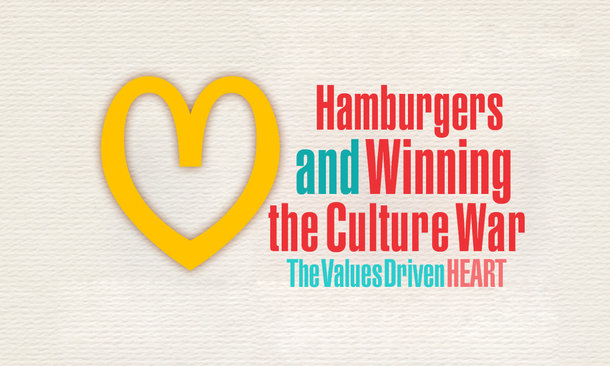
McDonald’s has over 35,000 stores in 118 countries. If you divide 35,000 by 365 days in a year, the result is 95. It is as if McDonald’s was building a store a day (365 days), and has been doing so for the last 95 years! Now that’s a lot of stores. But the real significance of these numbers is that this fast food chain serves 68 million customers everyday.
Starbucks is no different. In less than 50 years since its debut, it now has over 22,000 branches in 65 countries. Interesting to note that it even houses 1,800 branches in China and over 140 in Turkey—nations that are not particularly big fans of the United States.
From Beijing to Istanbul
My family visited Beijing in 1996. The McDonald’s there was, at that time, the largest in the world. The place was seriously packed and had snaking, long lines.
During a trip to Istanbul, our friends brought Marie and I to a Starbucks branch by the Bosphorus strait. It links the Black Sea with the sea of Marmara, and bridges together the continents of Europe and Asia.
The Starbucks branch there was 5 stories high, and so crowded with customers, that we had to leave. How did both these companies transcend cultures? How did McDonalds persuade dimsum and noodle aficionados to love their burgers and fries?
Why would the Turkish, who are known for their excellent coffee, try out the Starbucks version of the brew? The quick and simple answer is that these brands provide their customers with a perceived value.
Value is powerful. As we have discussed previously, it is the single most important ingredient to creating and affecting culture.
Disciples of Christ and Values
Similar to McDonald’s and Starbucks, the Disciples of Christ have created values evident in both ancient society and recent history. Here are a few values to cite:
Kindness. During the Crimean War, Florence Nightingale became an icon of Victorian Culture as “the lady with a lamp.” The picture was of this woman who checked on wounded soldiers late at night. Her acts of kindness laid the foundation to what we now call professional nurses. Nightingale believed that her acts of kindness were a response to a call from God, and she made a significant impact on culture centuries after.
Generosity. Henry Dunant was born to devout Christian parents. His businessman father actively helped orphans and parolees, while his mother cared for the sick and the poor. Both parents served as living examples and inspirations to Henry, that would one day lead him to founding what we now know as the International Red Cross.
Creativity. Cyrus McCormick, who grew up with a strong Christian ethic, took over his father’s version of the mechanical reaper. This innovation would eliminate the backbreaking work of manually harvesting wheat, and increase food production by leaps and bounds. McCormick believed that building the reaper in order to feed the world was a mission God had given him. It was this belief that led to his devotion and eventual success in inventing the reaper that would forever change agriculture.
Wisdom. In the late 1760’s, the Presbyterian Synods in New York and Philadelphia were deeply concerned by the deaths of their missionaries and its effects on their families. Because of this, they put up the “Relief of Poor and Distressed Widows and Children of Presbyterian Ministers”—the entity that would lay the foundation for the modern life insurance policy.
Society. Christian homes that represented family love and concern so impacted society by the love exhibited in their marriages and care for their children. They became the backbone of a society that encouraged education and care for the young.
Through the centuries, the Disciples of Jesus Christ have been at the forefront of cultural impact. Their religious beliefs transcended mere “religion” but impacted arts and architecture, business and finance, health and safety, family and education, and spirituality and belief.
How did they win the culture war? They let their beliefs produce such tangible values and practices, affecting societies and cultures centuries long after them.
Next week, we end our series on The Values Driven Heart.
My Comments Policy
While my site offers visitors the ability to converse, I have a few ground rules so that our conversations will remain civil and courteous.
1. You must register in order to leave a comment. I don’t entertain pseudo, anonymous or bogus individuals. This site is my home (it has a Home Page, get it). I don’t let strangers who don’t introduce themselves into my home.
2. I love questions. I love them because a lot of times they are similar to someone else’s questions and can even trigger other questions from others. Questions also keep us all sharp. This is also why I respond to them as best as I can and at the soonest possible time. I believe that group answering benefits more people than private email exchanges.
3. We don’t have to agree. Debates are welcome. However, whether it is with me or any other visitors of my site, my rule is this: disagree if you must but keep things civil. That’s just how I run my home, and you are a visitor here. No shouting; I have seen it done in writing. No cursing and no insulting.
4. I reserve the right to delete your comments. Like I said, this is my home. I do not have an obligation to publish your comments. As a human being, you may enjoy the freedom to express your opinions on your own site but not on mine. To be specific, I will delete your comments if you post content that is in my sole opinion: (a) snarky; (b) off-topic; (c) libelous, defamatory, abusive, harassing, threatening, profane, pornographic, offensive, false, misleading, or which otherwise violates or encourages others to violate my sense of decorum, civility or any law, including intellectual property laws; or (d) “spam,” i.e. an attempt to advertise, solicit, or otherwise promote goods and services. You may, however, post a link to your site or your most recent blog entry.
5. You retain ownership of your comments. I do not own them and I expressly disclaim any and all liability that may result from them. By commenting on my site, you agree that you retain all ownership rights in what you post here and that you will relieve me from any and all liability that may result from those posts.
6. You grant me the license to post your comments. This license is worldwide, irrevocable, non-exclusive, and royalty-free. By posting comments on my site, you automatically grant me the right to store, use, transmit, display, publish, reproduce, and distribute your comments in any format, including but not limited to a blog, in a book, video, or presentation.
In short, my goal is to host interesting conversations with caring, honest, and respectful people. I believe this clear and simple comments policy will facilitate this.











